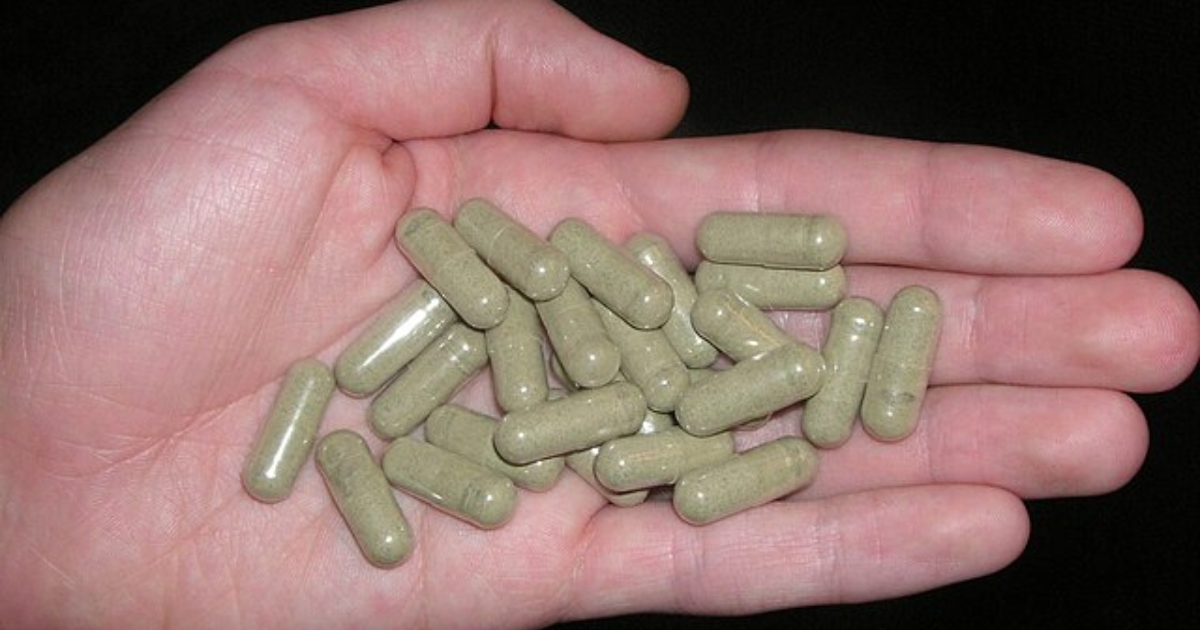Cocaine is a popular party drug that has remained recreationally in demand for decades. But, is cocaine and opioid? No, it is derived from the coca plant in South America, it has potent effects on the brain and body. It is most commonly sold and used as fine white powder to be snorted but it also exists as small crystal-like rocks. To be sure, cocaine is a highly addictive and dangerous drug. An estimated 12 percent of Americans over 12 will use cocaine at a point in their life.
Is Cocaine an Opioid?
Cocaine is sometimes confused for an opioid, but it’s a central nervous system (CNS) stimulant. Another term for stimulants like cocaine is “uppers” because they increase activity in the brain and spine. Typically, cocaine is snorted as powder. One alternate form of cocaine is crack, which looks like glass shards that are melted down or crushed into powder. Crack is also not an opioid. By targeting the parts of your brain responsible for processing, focus, awareness, and movement, cocaine increases your overall energy. Further, it has the effect of enhanced cognition while on the drug. For this reason, “uppers” like cocaine are often abused because individuals like the way it makes them feel. They may have better focus and task completion, as well as a sense of invincibility or sociability. Yet, cocaine is a dangerous substance to use because it’s highly addictive and can adversely impact your system.
Get confidential help from our addiction treatment specialists in Orange County. Call to join our rehab program today!
Call 866-881-1184What Are Opioids?
On the other hand, opioids are powerful drugs that derive from the opium poppy plant. They can be natural, semi-synthetic, or fully synthetic. Lab-made opioids are produced as prescription painkiller medications, as well as illicit street drugs. Unfortunately, opioid use is one of the largest issues within the drug crisis in the United States. An estimated 16 million people around the world have opioid use disorder (OUD), the most severe form of opioid addiction.
Are Opioids Addictive?
Yes, opioids are highly habit-forming, and one can develop an addiction in a short amount of time using opioids. Often, the cause of one’s opioid addiction stems from connected issues, such as polysubstance abuse or mental health disorders. Because opioids are painkillers and can be sourced as prescription meds, they’re commonly used for self-medication.
Looking for quality substance abuse treatment that’s also affordable? South Coast accepts most major insurance providers. Get a free insurance benefits check now.
Check Your CoverageIs Cocaine Addictive?
Cocaine is an equally addictive substance as opioids. It is classified as a Schedule II Controlled Substance by the American Drug Enforcement Administration (DEA). This means it has highly addictive properties and should only be used as designated by a medical professional. Further, cocaine can be dangerous and life-threatening. Cocaine use is responsible for roughly 1 in 5 overdose deaths in the United States.
The Risks of Recreational Cocaine Use
Using cocaine recreationally can lead to a variety of adverse health results. Although it is commonly offered around at parties or in the club scene, it’s risky to use this drug. You may experience psychological symptoms of paranoia, anxiety, mood swings, or depression. Physical symptoms can include irregular heart rhythms, convulsions, insomnia, and stroke or cardiac arrest. The longer you use cocaine and the more often, the greater your risk of dependency or a deadly overdose. Please seek help at our treatment center if you struggle with cocaine use.









